Researchers at the American Academy of Neurology reported that self-reported cognitive disability among U.S. adults increased from 5.3 percent to 7.4 percent over the past decade, with the steepest increases occurring among younger adults, those with lower incomes, and less education. According to the study, rates of self-reported cognitive disability nearly doubled for people under 40 between 2013 and 2023, with the highest rates reported among American Indian and Alaska Native adults.
Dr. Maria Rodriguez, lead researcher on the study, emphasized the need for further investigation into the causes of this trend. "We're seeing a significant increase in cognitive struggles among young adults, particularly those from disadvantaged backgrounds," she said. "This could be a sign of deeper societal and health issues that we need to address." Rodriguez noted that the study's findings suggest a strong link between social and economic inequality and cognitive health.
The study's results are particularly concerning given the growing awareness of the importance of cognitive health in maintaining overall well-being. "Cognitive decline can have a significant impact on a person's quality of life, making everyday tasks more difficult and increasing the risk of dementia and other cognitive disorders," said Dr. John Taylor, a neurologist at the University of California, Los Angeles. "It's essential that we understand the root causes of this trend and develop effective strategies to address it."
The study's findings are consistent with broader trends in U.S. society, including rising income inequality and declining social mobility. "As the economy has become more unequal, we've seen a corresponding increase in stress and anxiety among low-income individuals," said Dr. Lisa Patel, a sociologist at the University of Michigan. "This can have a profound impact on cognitive health, particularly among young adults who are still developing their brains."
The American Academy of Neurology is urging policymakers and healthcare providers to take action to address the growing cognitive crisis. "We need to invest in programs that promote cognitive health, particularly among disadvantaged populations," said Dr. Rodriguez. "This could include initiatives to improve access to education, healthcare, and social services, as well as programs to reduce stress and promote healthy lifestyles."
As researchers continue to study the causes and consequences of this trend, policymakers and healthcare providers are working to develop effective strategies to address the growing cognitive crisis. The study's findings serve as a stark reminder of the need for a comprehensive approach to promoting cognitive health and addressing the social and economic determinants of health.








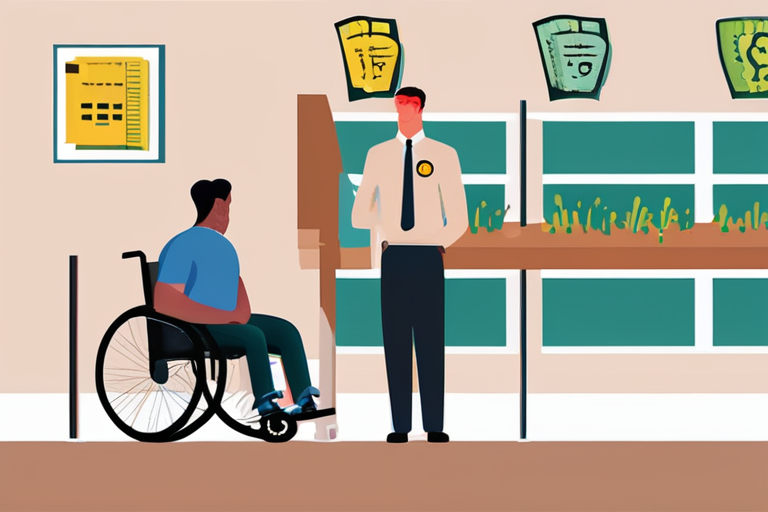
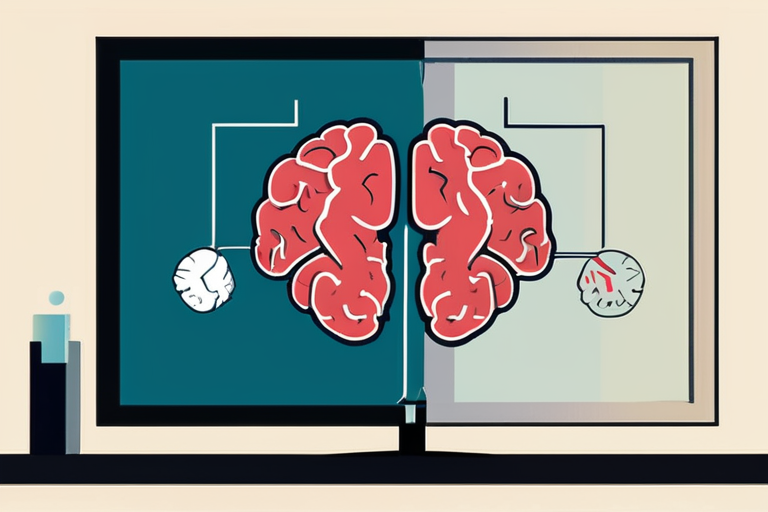








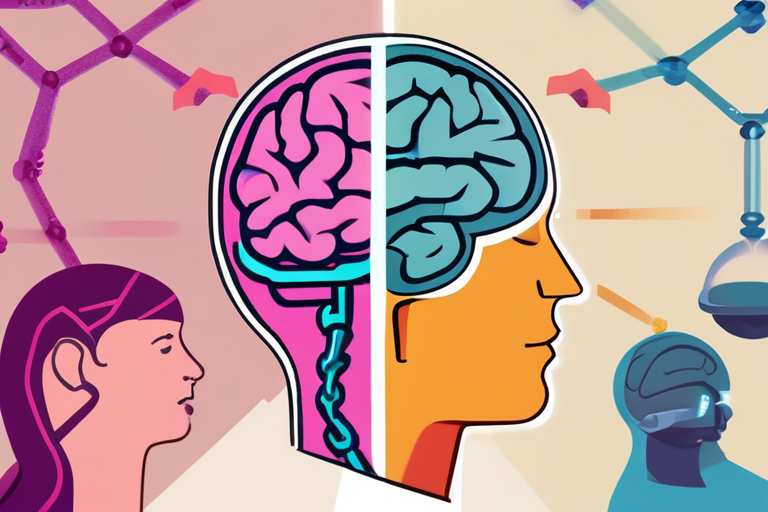
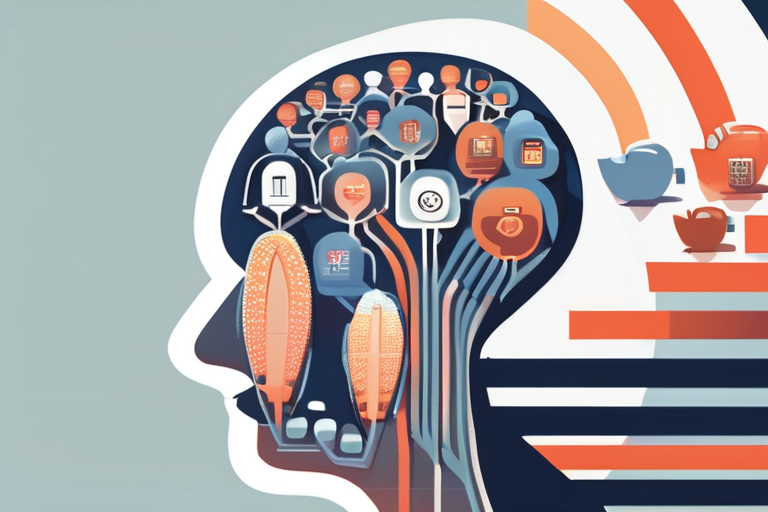
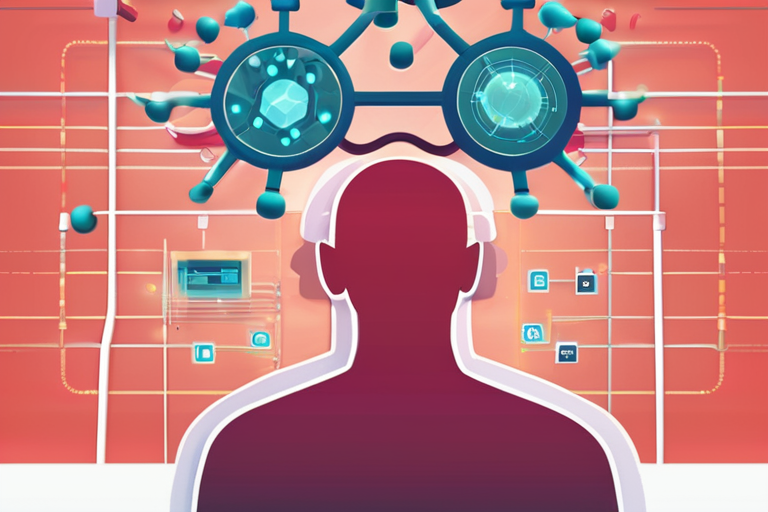
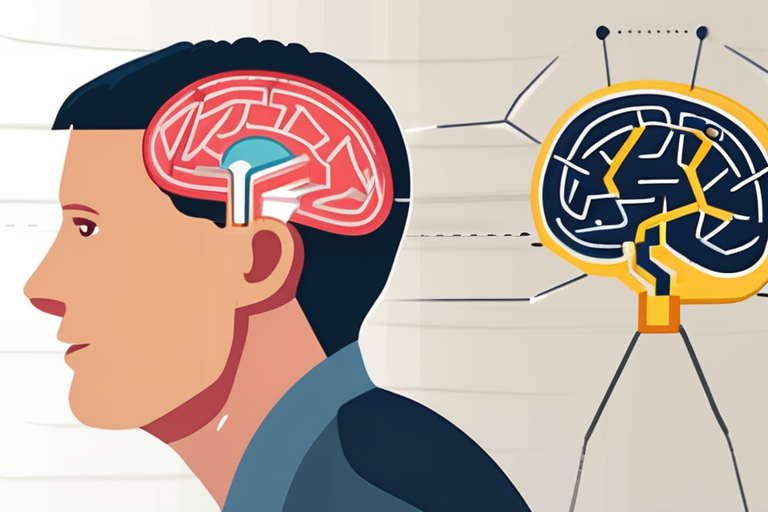


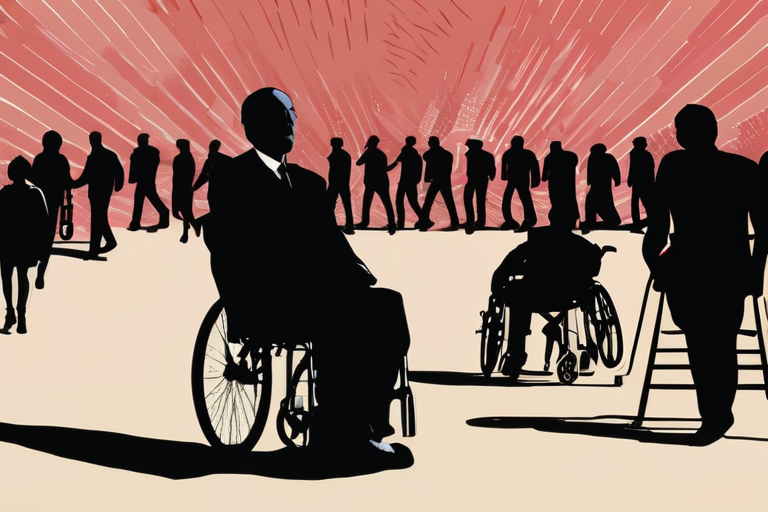


Share & Engage Share
Share this article